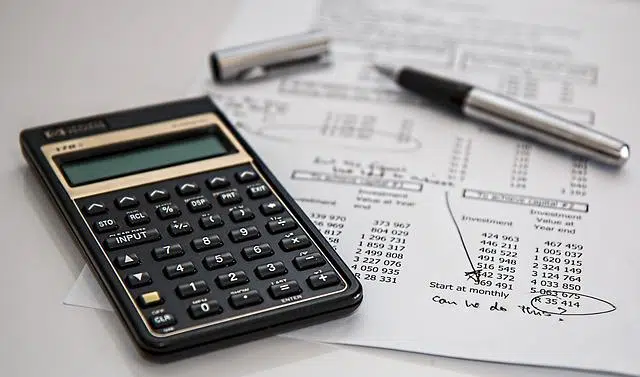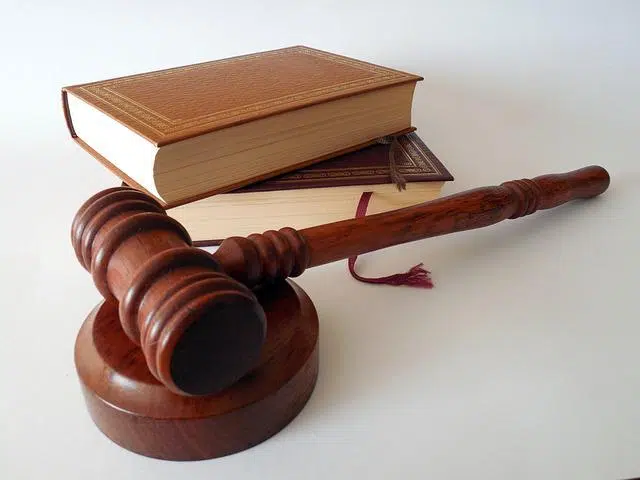
Fiscal is something linked to the treasury (the public organizations that are dedicated to collecting taxes).
From the Latin fiscalis , fiscal is an adjective that refers to what is linked to the treasury (the public treasury or the group of public entities dedicated to collecting taxes). The prosecutor, therefore, can be the minister who is dedicated to taking care of and promoting matters of interest to the treasury.
The prosecutor is also the subject who acts as a representative of the public ministry in court. It should be noted that the Public Ministry (also known as the Attorney General's Office or the Attorney General's Office , depending on the country) is a state institution that represents the interests of the community through the investigation of crimes and the protection of witnesses and victims.
Functions of a prosecutor
A prosecutor, therefore, is a public official who directs the criminal investigation and the development of public criminal actions . The law establishes its territory of action, its specific functions and its work shifts. Generally, the prosecutor is in a position to give particular orders to the police forces. This official must perform his or her duties objectively and within the framework of the legislation, with autonomy and independence.
For example: "The prosecutor requested the imprisonment of the accused considering that he could escape before the trial" , "Tomorrow I have to go talk to the prosecutor so that he can explain the progress of the investigation" , "A prosecutor was threatened in the middle of his research on human trafficking .
In everyday language, it is said that someone who investigates, seeks to control, or reveals other people's behavior is a prosecutor: "Tell him he can come home, but I'm going to be the prosecutor to make sure he doesn't do anything strange."

A prosecutor is an official who heads the criminal investigation and the development of public criminal actions.
Your participation in an oral trial
In an oral trial, the prosecutor is in charge of preparing the criminal action through the accusation. To do this, you must carefully study the case in what is known as the preparatory stage and demonstrate to those present at the trial , which will be presided over by a judge , that a criminal act has been committed and that whoever has perpetuated it or is responsible for it. He himself is the accused. To carry out this accusation you must have evidence that reliably implicates the accused .
In this process, the guarantees that the State recognizes towards the citizens of a certain district are taken into account. Therefore, to obtain incriminating evidence and carry out the entire investigation of the case, the prosecutor must not only be knowledgeable about it, but must rigidly respect the rights of the people from whom he takes a statement, as well as cleans the acquisition of evidence.
This is one of the fundamental principles , which should not be ignored, even if to find the truth it is necessary to ignore some of what is stipulated by the laws. It is also worth mentioning that evidence that has been taken outside the provisions of the Constitution, even if it is revealing, will not be valid in said trial.
It is worth mentioning that an oral trial is divided into three parts: foundation (where the prosecutor must prove the criminal act), evidentiary stage (where he will present the evidence that incriminates the accused in said act) and conclusions (where after the testimony of the witnesses necessary, the judge decides the verdict for the accused). It is necessary to highlight that the fundamental objective of every trial is for justice to be done , that is, for the truth to come to light (taking into account the evidence presented by the prosecution) and for every prosecutor to convict the accused (for which he directs his investigation).
Fiscal policy
To finish, we can add that the term is also linked to the concept of politics. Fiscal policy is one of the main resources that States have to manage their country's economy. They do this through the collection of taxes and the creation of public expenditures to obtain what is expected economically in the state territory.
Its main objective is to mitigate the consequences of the economic cycle and redistribute equitably among its inhabitants. The Minister of Economy is the main person responsible in this sector.
